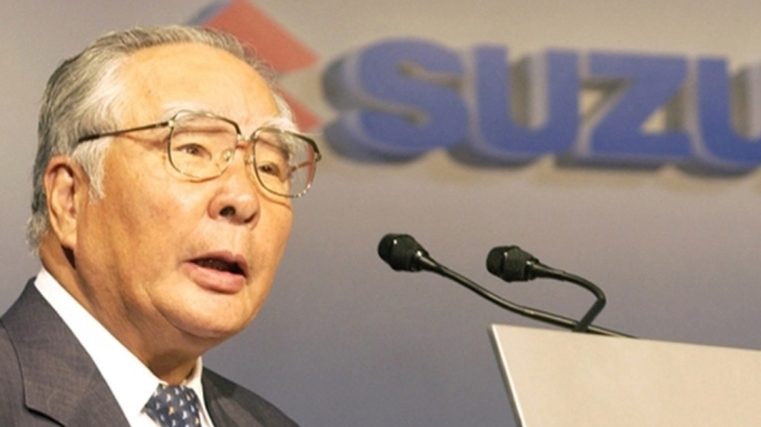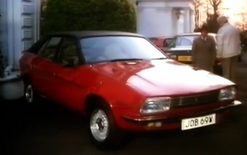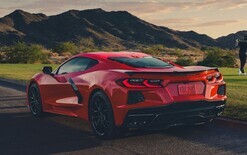Obituary: Osamu Suzuki

Osamu Suzuki, who turned Suzuki Motor Corporation into a worldwide force, has died at aged 94.
The company announced his death on Christmas Day, attributing it to malignant lymphoma.
Suzuki drove the company’s expansion beyond its initial focus on inexpensive kei-class models. With engines up to 660cc, these mini-vehicles were originally designed for the Japanese market and benefitted from generous tax breaks.
His leadership philosophy was rooted in cutting costs when possible, such as having factory ceilings lowered to cut air-conditioning expenses. He flew economy class even in his later years.
Suzuki’s humorous replies included “until the day I die” and “forever” when asked how long he would run the company, which he controlled into his 80s.
After joining Suzuki Motor Corporation in 1958, he worked his way up to lead it two decades later.
An early contribution was rescuing Suzuki Motor in the 1970s when he inked a deal with Toyota for engines to meet new emissions rules.
Suzuki’s boldness paid off when he oversaw the Alto’s launch in 1979. The success of thus mini-vehicle to the marque resulted in it partnering with General Motors in 1981.
In the 1980s, Suzuki took a major risk by investing a year’s worth of earnings into establishing a presence in India, a country with a minimal car market at the time.
His goal was to build a national brand and, as he later explained, to be “number one somewhere in the world”. At the time, India’s car market was dominated by British models and was small with fewer than 40,000 units sold per annum.
After the government there nationalised Maruti in the 1970s, the company had trouble finding an overseas partner. Brands such as Subaru and Fiat rejected Maruti’s proposals, and talks with Renault failed.
A chance encounter with a newspaper article about Maruti’s deal with Daihatsu led to a meeting with Suzuki Motor. The partnership then followed.
Its first car, the Maruti 800, was launched in 1983. It was a success and Maruti Suzuki now holds a market share of about 40 per cent in India.
Suzuki’s influence extended to corporate culture in India where he promoted equality by rolling out open-plan offices, shared canteens, and uniforms for executives and production-line staff.
In 2009, Suzuki negotiated a deal with Volkswagen, but it soured due to disagreements over control and acquisitions. The issue finally resulted Suzuki eventually buying back VW’s stake of 19.9 per cent.
In 2016, Suzuki handed over the CEO role to his son, Toshihiro Suzuki, but he remained chairman until 2021 in an advisory capacity.





